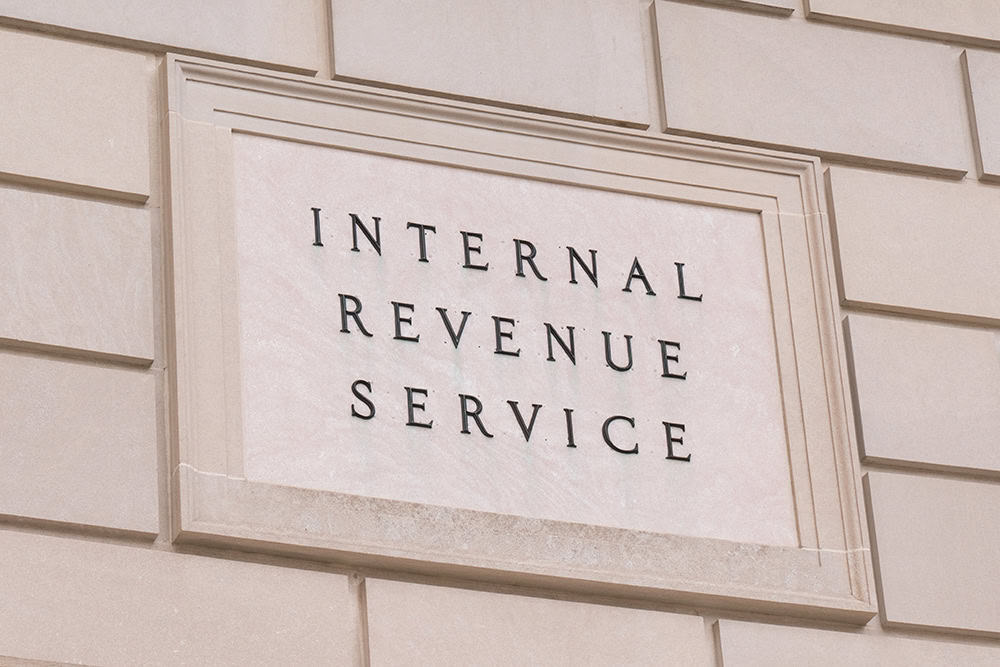Six Charts That Show How Low Corporate Tax Revenues Are in the U.S. Right Now
Last Updated April 7, 2023
Compared to historical trends and other advanced economies, corporate tax revenues in the United States are low. President Biden recently proposed substantial changes to the U.S. corporate income tax system, such as increasing the corporate tax rate, as potential ways to reduce the structural imbalance between spending and revenues. Below are charts that focus specifically the current state of our corporate income tax system, examining and illustrating reasons for the downward trend.
1. Since the Tax Cuts and Jobs Act (TCJA) was enacted in December 2017, the U.S. corporate tax rate is now more in line with the rates of other advanced economies. The current federal statutory tax rate on corporate income is 21 percent — this does not include the average of corporate taxes imposed at the state and local levels. However, the U.S. tax code has many preferences that affect the rate actually paid by corporations. The effective tax rate, which takes into account those tax provisions, often differs significantly from the statutory rate imposed by law. For example, profitable large corporations paid an average effective federal tax rate of 9 percent in 2018, a decrease from 16 percent in 2014.
2. The United States collects fewer revenues from corporations, relative to the size of the economy, than most other advanced countries. In 2021, the latest year for which data is available for international comparison, U.S. corporate tax revenues accounted for just 1.6 percent of gross domestic product (GDP).
3. After reaching its peak in the late 1960s, the statutory rate of the U.S. federal corporate tax has been on a decline. The current tax rate for corporations is less than half the size it was in the 1950s and 60s.
4. Not all businesses are taxed as corporations. Some businesses, known as pass-through entities, allocate profits to their owners who then pay taxes on those profits through the individual income tax code. In addition, since the enactment of the TCJA, eligible business owners qualify for a tax deduction of up to 20 percent of their qualified business income. Pass-through entities have accounted for an increasing share of net business income over the past few decades.
5. Revenues from corporate taxes have generally been declining as a share of GDP, in part as a result of lower tax rates and the increase in the prevalence of pass-through businesses.
6. The United States will forgo $161 billion of revenues in 2023 as a result of tax expenditures, or special tax code provisions, for corporations. Those tax expenditures include reduced tax rates for income from a corporation’s foreign subsidiaries, as well as the tax deduction for pass-through entities mentioned above.
Conclusion
The current tax code raises low levels of federal revenues from corporate income taxes, thus contributing to the growing national debt. However, there are opportunities for tax reforms that can help make our nation’s fiscal outlook more sustainable.
Image credit: Photo by Izzet Keribar/Getty Images
Further Reading
The U.S. Forgoes Hundreds of Billions of Dollars Each Year Due to Unpaid Taxes
Cracking down on the tax gap would not only introduce more fairness into the system, but it could be a big help for our nation’s fiscal imbalance.
How Much Would It Cost to Make the TCJA Permanent?
Most of the individual tax provisions and a handful of business provisions in the TCJA are scheduled to expire in the next few years.
These Tax Expenditures Cost Billions More Than Anticipated — Here’s Why
The growing price tags demonstrate that the ultimate cost of a new tax break can be difficult to anticipate.


